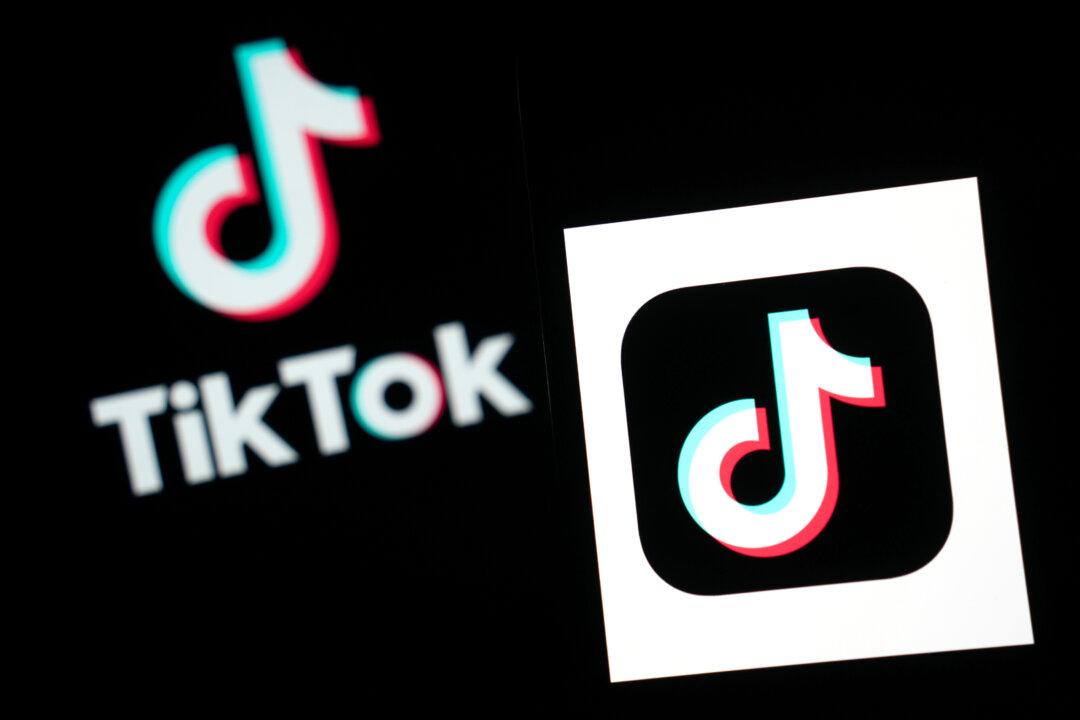President Donald Trump has signed an executive order (EO) to pause the enforcement of the divest-or-ban TikTok law for 75 days. This will allow his administration time to determine the best next step with regard to the video app. The endorsement freeze also covers between the original deadline of Jan. 19 and the signing of the EO.
According to a law enacted in April last year, TikTok faces a ban in the United States if it doesn’t separate from its Beijing-based parent company, ByteDance.




